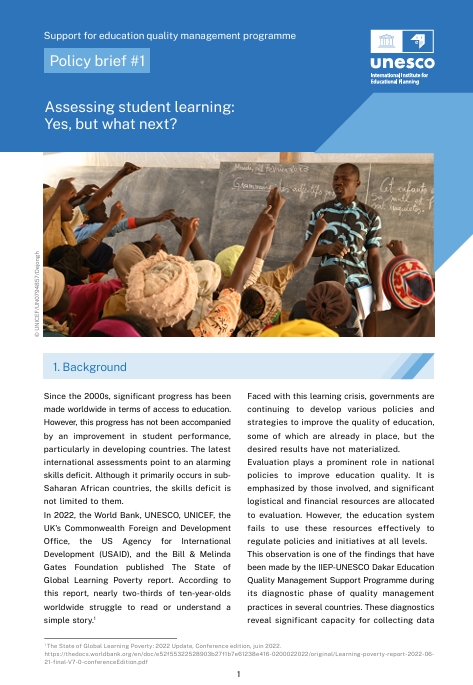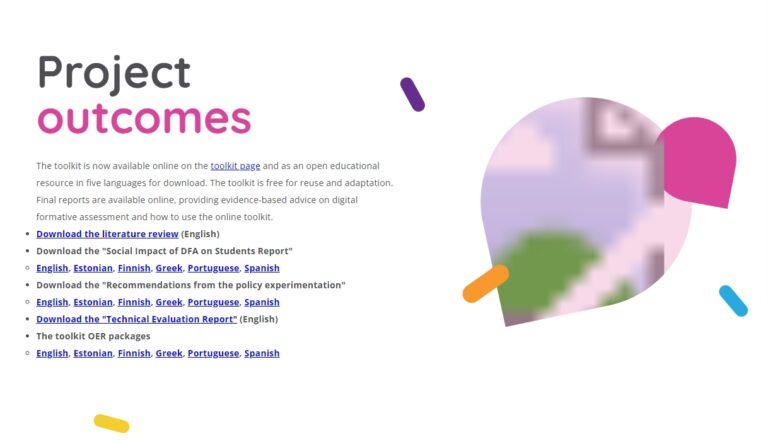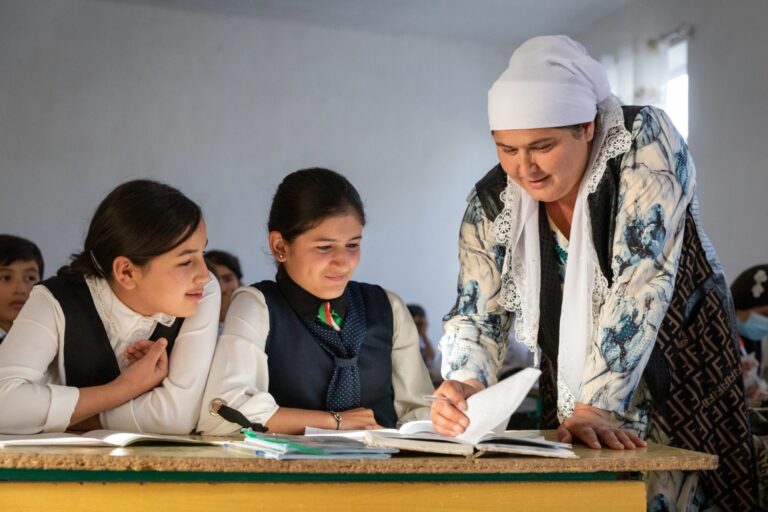Story Source: Entrepreneur ~ Go to Original Article
Creativity is more skill than inborn talent, an ability which both parents and teachers can facilitate among the kids by giving an outlet. It is a common misconception that creativity is an inborn talent, which means, either the kids have it or they don’t. But it isn’t true. It might just surprise you as a parent that their perception is often way more creative than you think. In fact, they might just come up with some innovative ideas to make the world more futuristic than any adult would dare to even dream of.
Since it is a key to success in nearly everything we do, creativity is a significant component and the main focus of organizations in any field. Clearly, it becomes crucial to foster such kind of thinking in kids from their formative years………






